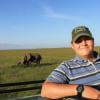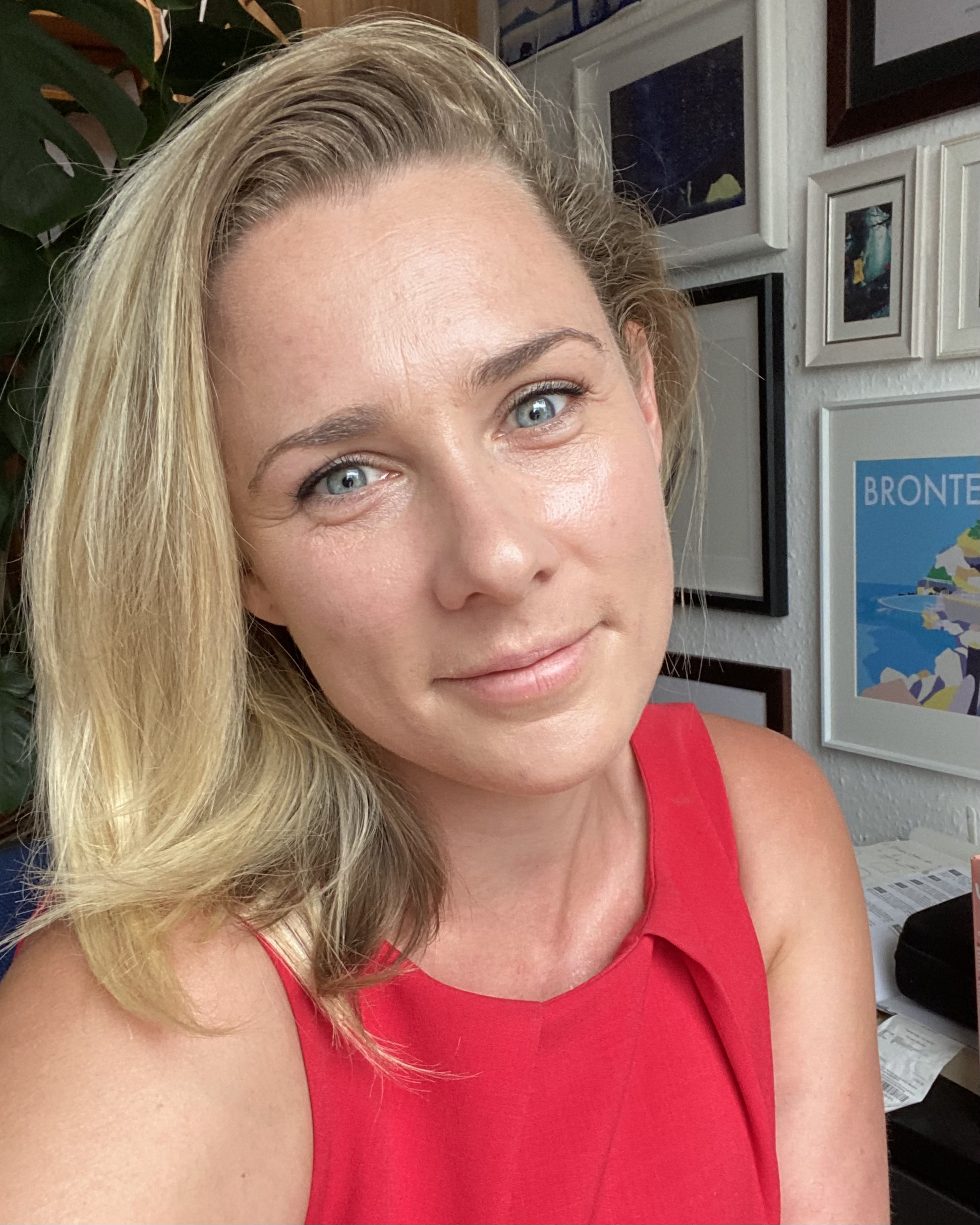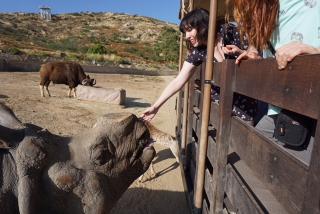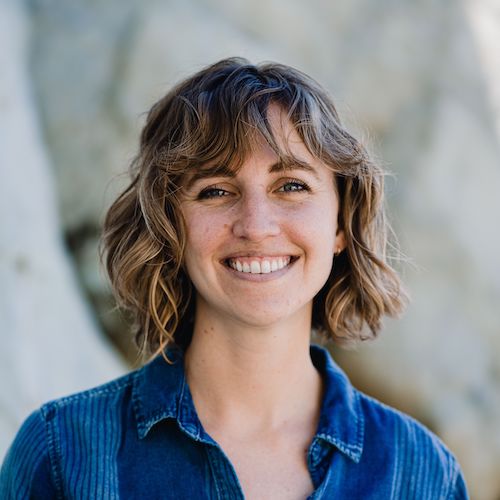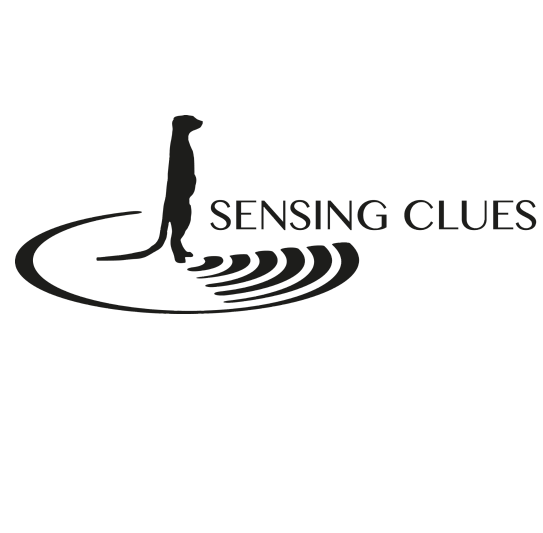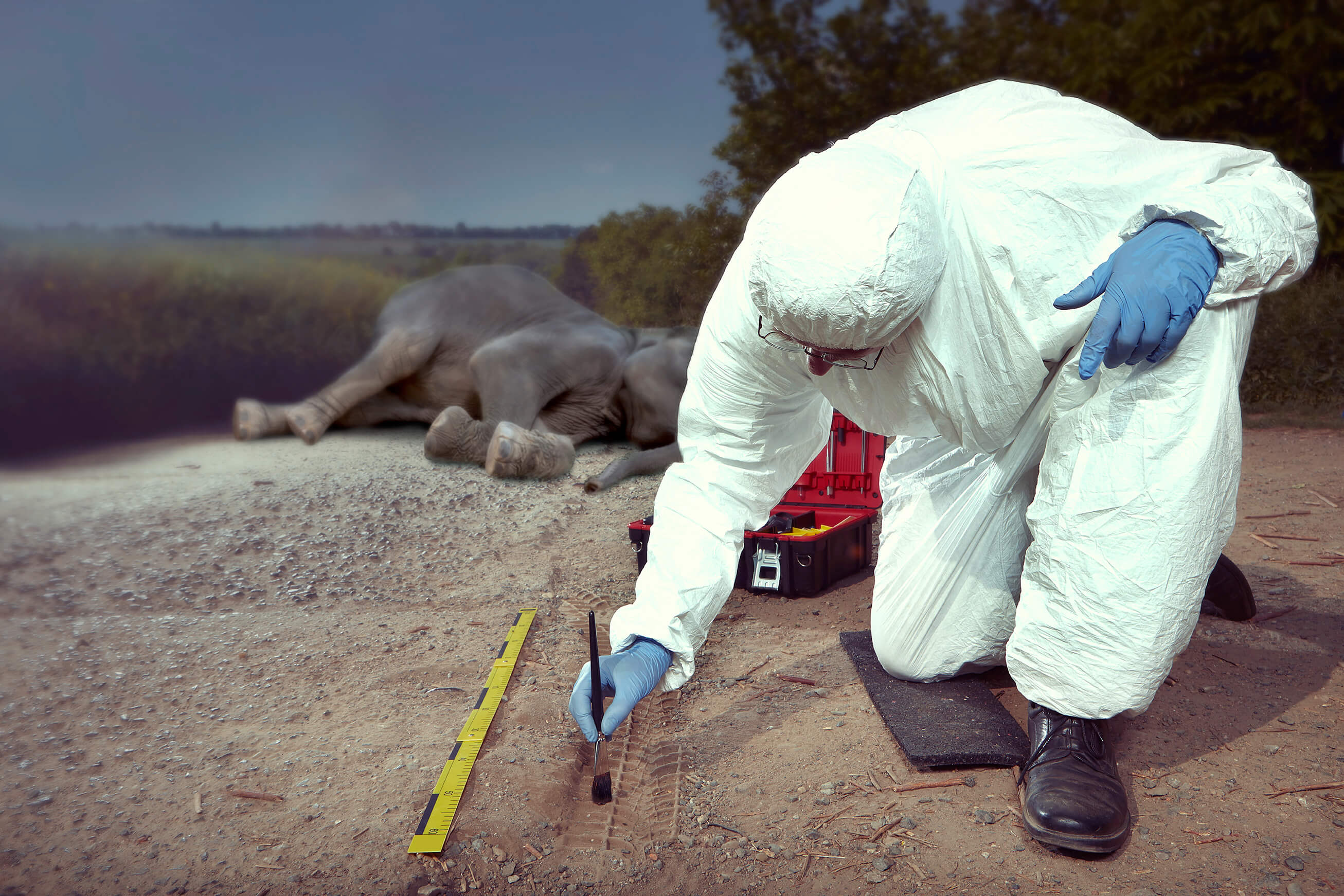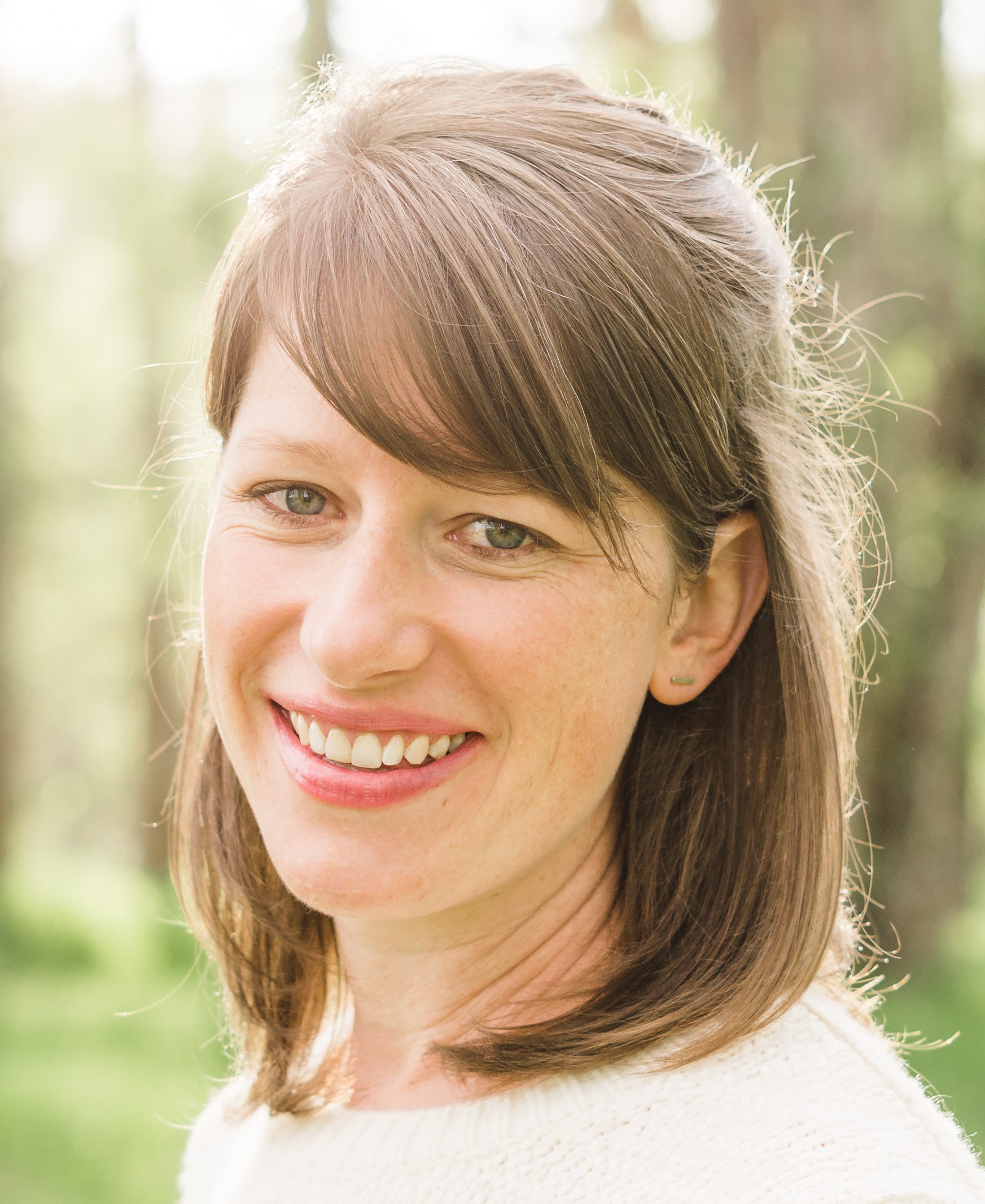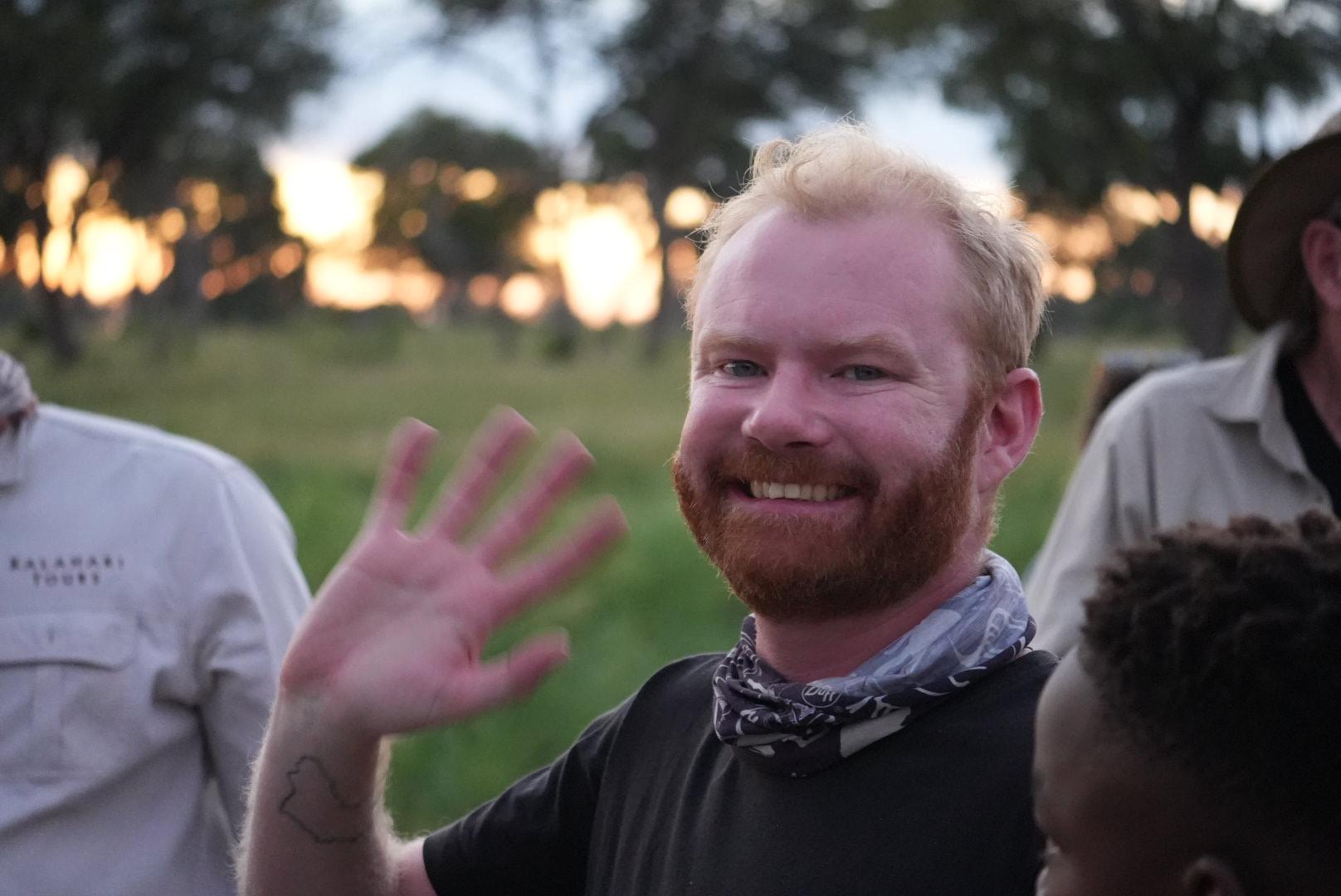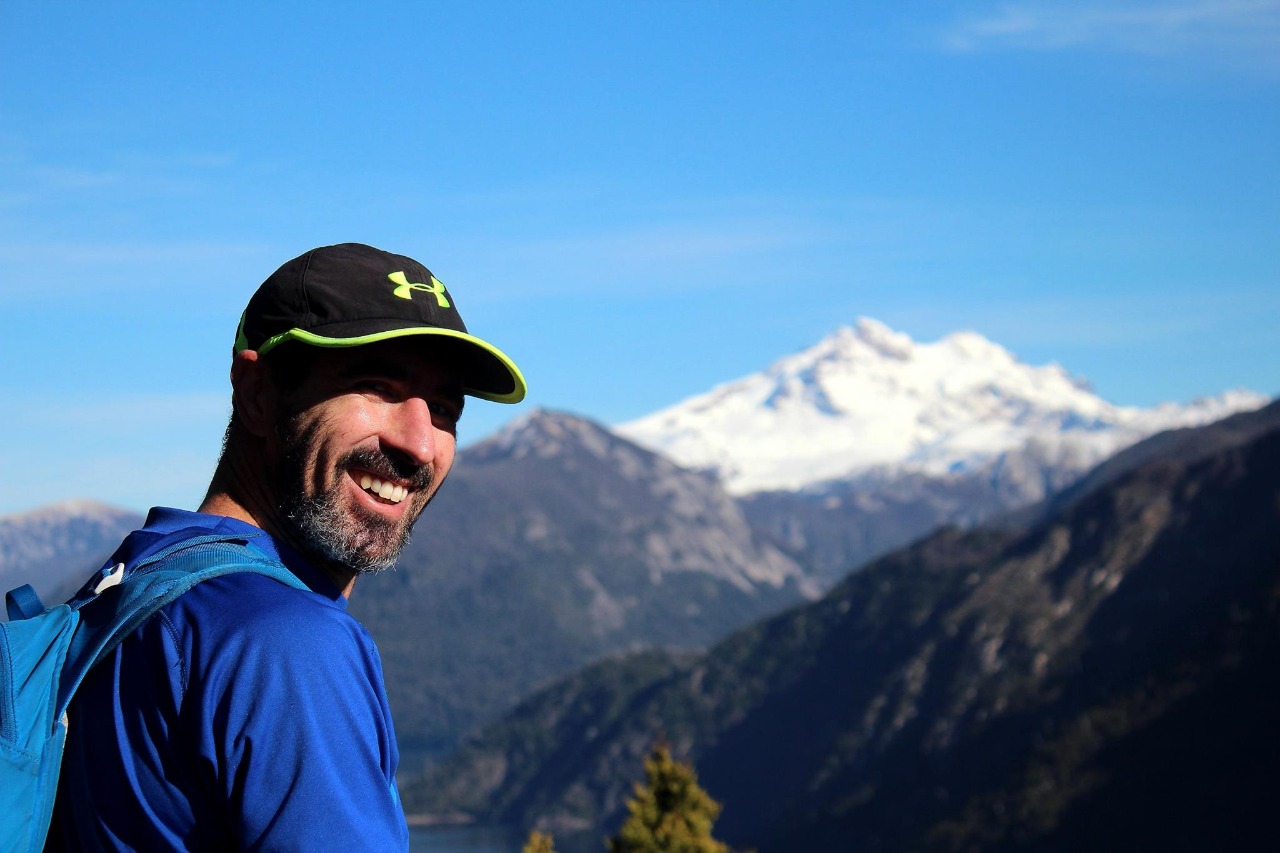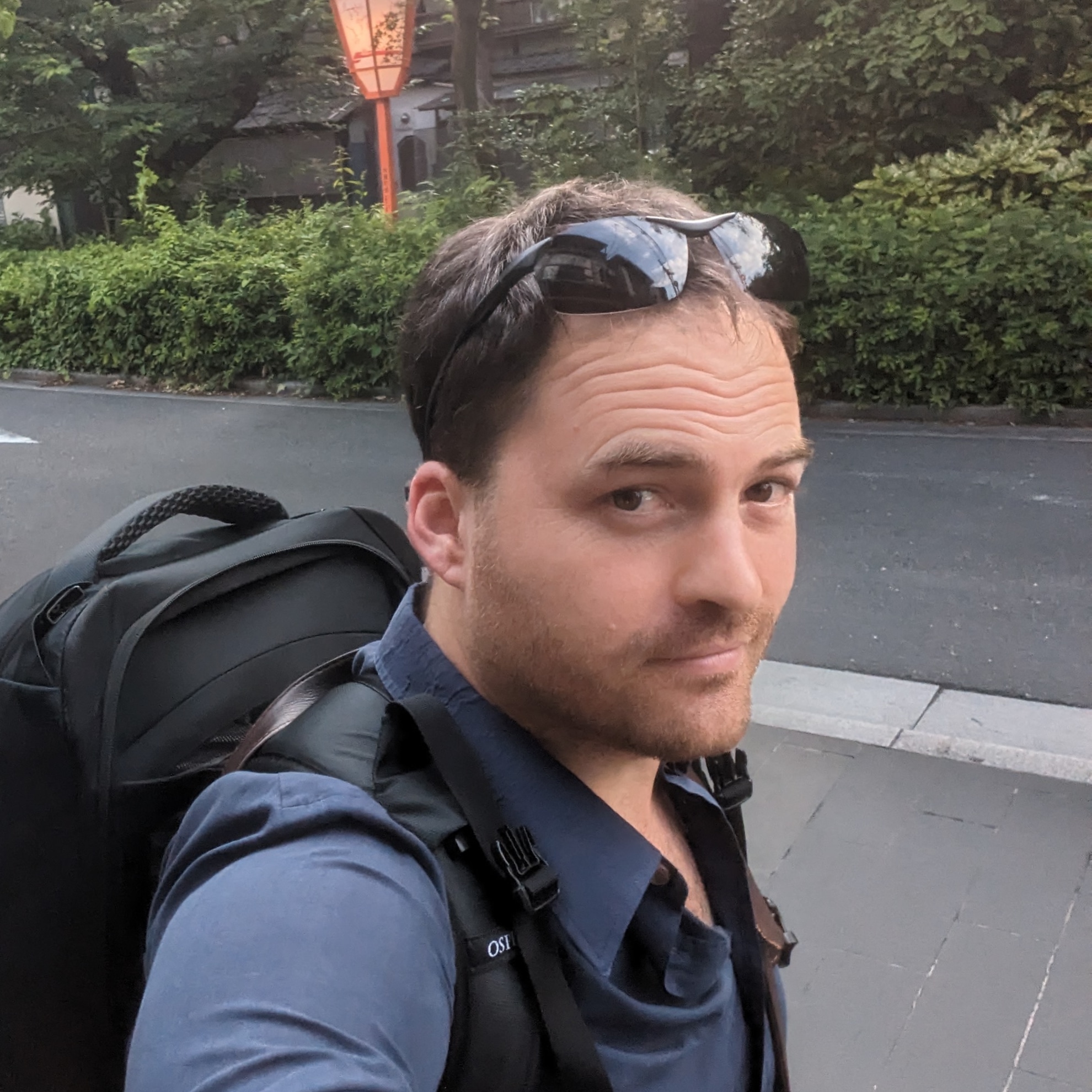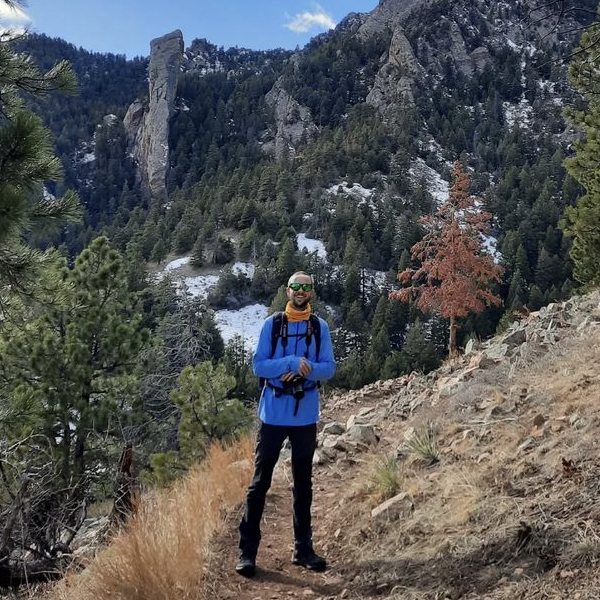With new technologies revolutionizing data collection, wildlife researchers are becoming increasingly able to collect data at much higher volumes than ever before. Now we are facing the challenges of putting this information to use, bringing the science of big data into the conservation arena. With the help of machine learning tools, this area holds immense potential for conservation practices. The applications range from online trafficking alerts to species-specific early warning systems to efficient movement and biodiversity monitoring and beyond.
However, the process of building effective machine learning tools depends upon large amounts of standardized training data, and conservationists currently lack an established system for standardization. How to best develop such a system and incentivize data sharing are questions at the forefront of this work. There are currently multiple AI-based conservation initiatives, including Wildlife Insights and WildBook, that are pioneering applications on this front.
This group is the perfect place to ask all your AI-related questions, no matter your skill level or previous familiarity! You'll find resources, meet other members with similar questions and experts who can answer them, and engage in exciting collaborative opportunities together.
Just getting started with AI in conservation? Check out our introduction tutorial, How Do I Train My First Machine Learning Model? with Daniel Situnayake, and our Virtual Meetup on Big Data. If you're coming from the more technical side of AI/ML, Sara Beery runs an AI for Conservation slack channel that might be of interest. Message her for an invite.
Header Image: Dr Claire Burke / @CBurkeSci

Explore the Basics: AI
Understanding the possibilities for incorporating new technology into your work can feel overwhelming. With so many tools available, so many resources to keep up with, and so many innovative projects happening around the world and in our community, it's easy to lose sight of how and why these new technologies matter, and how they can be practically applied to your projects.
Machine learning has huge potential in conservation tech, and its applications are growing every day! But the tradeoff of that potential is a big learning curve - or so it seems to those starting out with this powerful tool!
To help you explore the potential of AI (and prepare for some of our upcoming AI-themed events!), we've compiled simple, key resources, conversations, and videos to highlight the possibilities:
Three Resources for Beginners:
- Everything I know about Machine Learning and Camera Traps, Dan Morris | Resource library, camera traps, machine learning
- Using Computer Vision to Protect Endangered Species, Kasim Rafiq | Machine learning, data analysis, big cats
- Resource: WildID | WildID
Three Forum Threads for Beginners:
- I made an open-source tool to help you sort camera trap images | Petar Gyurov, Camera Traps
- Batch / Automated Cloud Processing | Chris Nicolas, Acoustic Monitoring
- Looking for help with camera trapping for Jaguars: Software for species ID and database building | Carmina Gutierrez, AI for Conservation
Three Tutorials for Beginners:
- How do I get started using machine learning for my camera traps? | Sara Beery, Tech Tutors
- How do I train my first machine learning model? | Daniel Situnayake, Tech Tutors
- Big Data in Conservation | Dave Thau, Dan Morris, Sarah Davidson, Virtual Meetups
Want to know more about AI, or have your specific machine learning questions answered by experts in the WILDLABS community? Make sure you join the conversation in our AI for Conservation group!
World Wide Fund for Nature/ World Wildlife Fund (WWF)

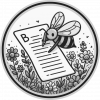
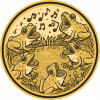
- 0 Resources
- 107 Discussions
- 16 Groups


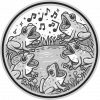
- 0 Resources
- 43 Discussions
- 14 Groups
Consultant


- 0 Resources
- 12 Discussions
- 6 Groups


- 0 Resources
- 7 Discussions
- 1 Groups
- 0 Resources
- 0 Discussions
- 4 Groups
Community Announcement
Are you an early career Kenyan conservationist looking to explore emerging conservation technologies while networking with a strong cohort of other female leaders? Apply now for our 6-month Women in Conservation Tech...
8 March 2022
We're proud to introduce the first WILDLABS On the Edge Fellows for 2022, Loretta Schindlerova and Meredith Palmer! Working alongside expert Edge Impulse mentors, these two fellows will use embedded machine learning to...
10 February 2022
We have a big vision for our Fellowships & Awards Programme: to create a better way for the tech industry to more meaningfully and impactfully engage with our conservation community. As we open our first fellowships...
28 January 2022
This article provides a review of deep learning (predominantly ML) used in marine ecology and considerations for its future directions in conservation. In plain language, the authors provide a methodology for training...
20 December 2021
Community Announcement
We've wrapped our first AI for Conservation Office Hours, a new programme where we set up 1:1 sessions with conservationists using or thinking about using AI so they could receive expert guidance from data scientists at...
14 December 2021
This study breaks ground in outlining a methodology for a system of low-cost, long-term camera traps (Dispersed Environment Acquatic Cameras) that can be deployed over large spatial scales in remote marine environments...
30 November 2021
In pursuit of saving the Monarch butterflies, Carlo Mondavi- pioneer of the Monarch challenge- was inspired to develop the world's first fully electric smart tractor tractor with co-founder and Chief Executive, Praveen...
29 November 2021
Article
This research article explores the challenges of achieving environmental data justice, with the continued advancement in technology and growth in available data. The author emphasises the necessity to prioritise ...
26 November 2021
In Ellie Warren's interview with Sara Beery as part of the Technical Difficulties Editorial Series, they discussed how the hype surrounding machine learning impacts our perceptions of failure, and how conservationists...
23 November 2021
CAIMAN is a product from the Sensing Clues Foundation that automatically classifies animals on images from camera traps. It aims to be available by the end of 2021, contact the Sensing Clues team for more details. This...
18 November 2021
The GEO-Microsoft Planetary Computer Programme invites the GEO community to be among the early adopters of Microsoft's Planetary Computer. The Programme will support a number of 12-month projects that use The Planetary...
4 November 2021
On 3rd November 2021, Earthranger Announced Giraffe Conservation Foundation and Lion Guardians as the inaugral Conservation Tech Award Recipients. The two organizations are Harnessing the Power of Technology to Protect...
3 November 2021
June 2025
event
event
July 2025
October 2025
event
event
73 Products
Recently updated products
16 Products
Recently updated products
| Description | Activity | Replies | Groups | Updated |
|---|---|---|---|---|
| Hi Nick!At Birds Canada, our NatureCounts open data platform connects bird and biodiversity data with people who need it for conservation and research. In particular, our mobile... |
|
AI for Conservation, Emerging Tech | 10 hours 3 minutes ago | |
| This survey on camera trap use is a valuable effort to improve data quality and consistency in wildlife monitoring. Looking forward to the results and how they will help shape... |
|
Camera Traps, AI for Conservation, Open Source Solutions | 17 hours 2 minutes ago | |
| Alien Invasive Plants (AIP) have become a major threat to South Africa's sensitive Fynbos biome. In 2017 and 2018, fires in the Western... |
|
AI for Conservation, Citizen Science, Conservation Tech Training and Education, Drones, Geospatial, Human-Wildlife Conflict, Open Source Solutions | 22 hours 32 minutes ago | |
| Ritika, All the best! I hope someone provides a more substantive answer! I have also graduated with masters in AI and ML recently. Difference being I am at the end of my... |
|
AI for Conservation, Software Development | 1 month 2 weeks ago | |
|
|
AI for Conservation, Emerging Tech, Sensors | 4 days 19 hours ago | ||
| We’re excited to launch our WILDLABS-funded project to adapt open-source recording hardware and AI tools to help monitor amphibians, with... |
|
Acoustics, AI for Conservation, Latin America Community, Open Source Solutions | 6 days 11 hours ago | |
| We’re excited to announce that Deep Voice has received a 2025 Wildlabs Award to develop a public, web-based platform for marine mammal... |
|
Acoustics, AI for Conservation, Marine Conservation | 6 days 12 hours ago | |
| True, the US ecosystem is a challenging space right now, for basically all sectors. We should not let the US chaos prevent us from engaging with opportunities in other... |
|
AI for Conservation, Camera Traps, Connectivity, Drones, Emerging Tech, Ethics of Conservation Tech, Marine Conservation, Sensors | 1 month 2 weeks ago | |
| Fascinating article, combining machine learning and acoustical signals to correlate coral reef health.https://www.sciencedirect.com/science... |
|
Acoustics, AI for Conservation, Marine Conservation | 3 years ago | |
| MIT has this Moo Deng-based fun challenge! More seriously it relates to AI and human-nature interaction. I imagine people on Wildlabs would... |
|
AI for Conservation | 1 week 4 days ago | |
| Hi Ethan, It's indeed a competitive area. My advice for you (and anybody else seeking a PhD supervisor)...Do background research on each individual potential supervisor and always... |
|
Early Career, AI for Conservation, Animal Movement, Climate Change | 2 weeks 1 day ago | |
| Hi everyone,What should we share or demo about Software Quality Assurance? Alex Saunders and I, the two Software QA people at Wildlife Protection Solutions (WPS) are going to... |
|
Software Development, AI for Conservation, Open Source Solutions | 2 weeks 1 day ago |

